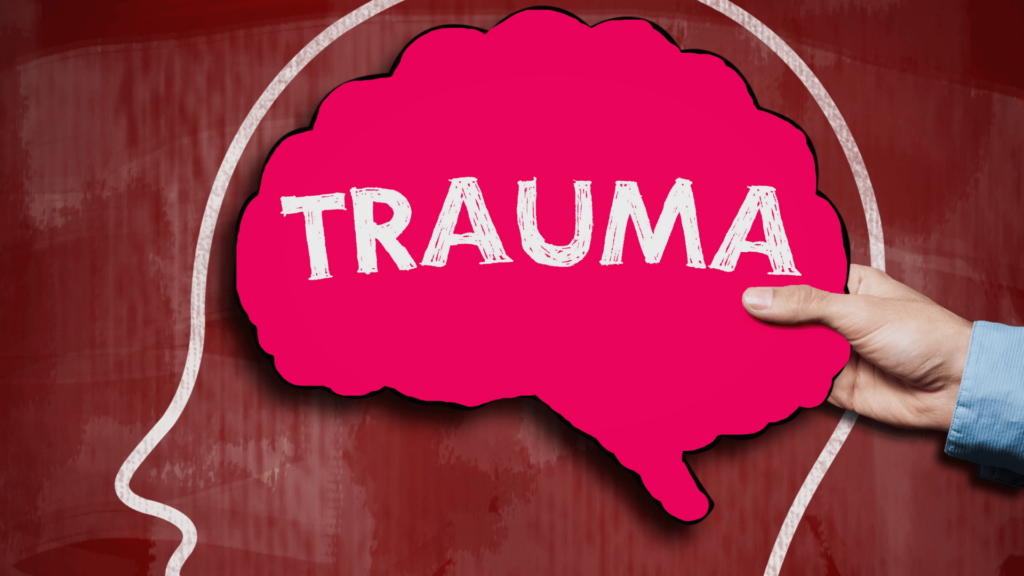Experiencing abuse—whether physical, emotional, or sexual—leaves deep emotional scars that can persist long after the abuse itself has ended. The trauma that survivors endure can significantly affect their mental and emotional health, relationships, and ability to navigate life. One of the most effective ways to heal from this trauma is through professional trauma counseling. By providing a safe, supportive space and using therapeutic techniques tailored to the survivor’s needs, trauma counseling helps individuals process their experiences, regain control of their lives, and rebuild a sense of safety and self-worth. Here’s how trauma counseling can aid in rebuilding your life after abuse.

Content
1. Providing a Safe Space for Healing
For many survivors of abuse, one of the biggest challenges is finding a safe space to talk about their experiences. Often, survivors feel ashamed, guilty, or fearful of how others will react to their story. Trauma counseling offers a confidential and nonjudgmental environment where individuals can freely express their emotions and discuss their experiences.
In trauma counseling, survivors are guided by a trained therapist who understands the complexities of abuse and trauma. This creates a space where survivors can begin to process their trauma at their own pace, without pressure. Being able to share their story with someone who listens, validates their feelings, and understands the psychological impact of abuse is often the first step toward healing. For many, this safe environment is crucial to rebuilding a sense of trust in themselves and others.
2. Processing the Emotional Aftermath
Abuse leaves behind a range of difficult emotions—anger, shame, fear, sadness, and confusion, to name a few. Without the right support, these feelings can become overwhelming, affecting every aspect of a survivor’s life. Trauma counseling provides survivors with tools and techniques to process these complex emotions in a way that promotes healing rather than retraumatization.
One of the primary goals of trauma counseling is to help survivors understand that their emotional responses are normal reactions to abnormal events. Therapists often use cognitive-behavioral therapy (CBT) or Eye Movement Desensitization and Reprocessing (EMDR) to help survivors reframe negative thoughts, manage flashbacks or intrusive thoughts, and reduce symptoms of anxiety, depression, or post-traumatic stress disorder (PTSD). These techniques enable survivors to process painful memories without being overwhelmed by them, gradually reducing the emotional intensity of the trauma.
3. Rebuilding Self-Esteem and Self-Worth
Abuse often shatters a survivor’s sense of self-worth. Abusers frequently manipulate their victims, using emotional or physical tactics to make them feel unworthy of love, respect, or happiness. This erosion of self-esteem is one of the most damaging effects of abuse and can have long-lasting consequences if left unaddressed.
Trauma counseling plays a critical role in helping survivors rebuild their self-esteem. Through therapy, survivors begin to challenge the negative beliefs about themselves that were instilled by their abuser. Over time, they can start to see themselves in a more positive light, realizing that they are deserving of kindness, love, and respect. Techniques like mindfulness, self-compassion exercises, and positive affirmations are often incorporated into counseling sessions to help survivors reconnect with their inner strengths and value..
This renewed sense of self-worth is crucial for moving forward. It allows survivors to set healthier boundaries in relationships, assert their needs, and pursue personal goals with confidence.
4. Learning Healthy Coping Strategies
Many survivors of abuse develop unhealthy coping mechanisms—such as substance abuse, self-harm, or emotional suppression—as a way to deal with their trauma. While these behaviors may provide temporary relief, they ultimately prevent true healing and can cause further harm.
In trauma counseling, survivors are taught healthier ways to cope with the emotional and psychological impact of their experiences. Therapists introduce techniques such as mindfulness, relaxation exercises, journaling, and grounding methods to help survivors manage stress, anxiety, and emotional triggers. These tools empower survivors to handle difficult emotions or flashbacks in a way that promotes healing rather than avoidance.
By developing these healthy coping strategies, survivors can better manage their emotional responses and begin to regain control over their lives. This is a crucial step in breaking free from the patterns of behavior that may have been established during or after the abusive relationship.
5. Establishing Healthier Relationships
Abuse often distorts how survivors view relationships. Many survivors struggle with trust issues, fear of intimacy, or engaging in unhealthy relationship dynamics that mirror their past experiences. Trauma counseling helps survivors work through these relationship challenges by teaching them how to set boundaries, communicate their needs effectively, and build trust in others again.
Therapists also help survivors recognize the warning signs of abusive or toxic behavior, which can prevent them from entering into another abusive relationship. Additionally, survivors are encouraged to rebuild their support networks by fostering healthy, supportive relationships with family, friends, or support groups. Having a reliable support system is essential for ongoing recovery, providing a sense of belonging and connection that may have been lost during the abusive relationship.
6. Empowering Survivors to Move Forward
One of the most powerful aspects of trauma counseling is its ability to empower survivors to take control of their future. Through the process of healing, survivors gain insight into their strengths, develop resilience, and build the confidence needed to make empowered decisions about their lives.
Whether it’s pursuing personal goals, establishing new relationships, or simply feeling safe in their own skin again, trauma counseling equips survivors with the tools they need to move forward. It’s not just about recovering from the trauma—it’s about rebuilding a life that is free from the fear, pain, and limitations imposed by the abuse.
Conclusion
Rebuilding your life after abuse is a challenging and often painful journey, but it is one that can lead to profound personal growth and healing. Trauma counseling offers a safe, supportive space where survivors can process their experiences, rebuild self-esteem, learn healthy coping mechanisms, and regain control over their future. For those who have experienced abuse, seeking professional help through trauma counseling is a critical step toward breaking free from the past and moving toward a life of safety, self-worth, and empowerment.

Helen Bradley is a health blogger and the founder of her own blog about fitness. She has been blogging for three years now and loves to share what she learns with others. Helen enjoys reading, cooking, and staying active outdoors.











